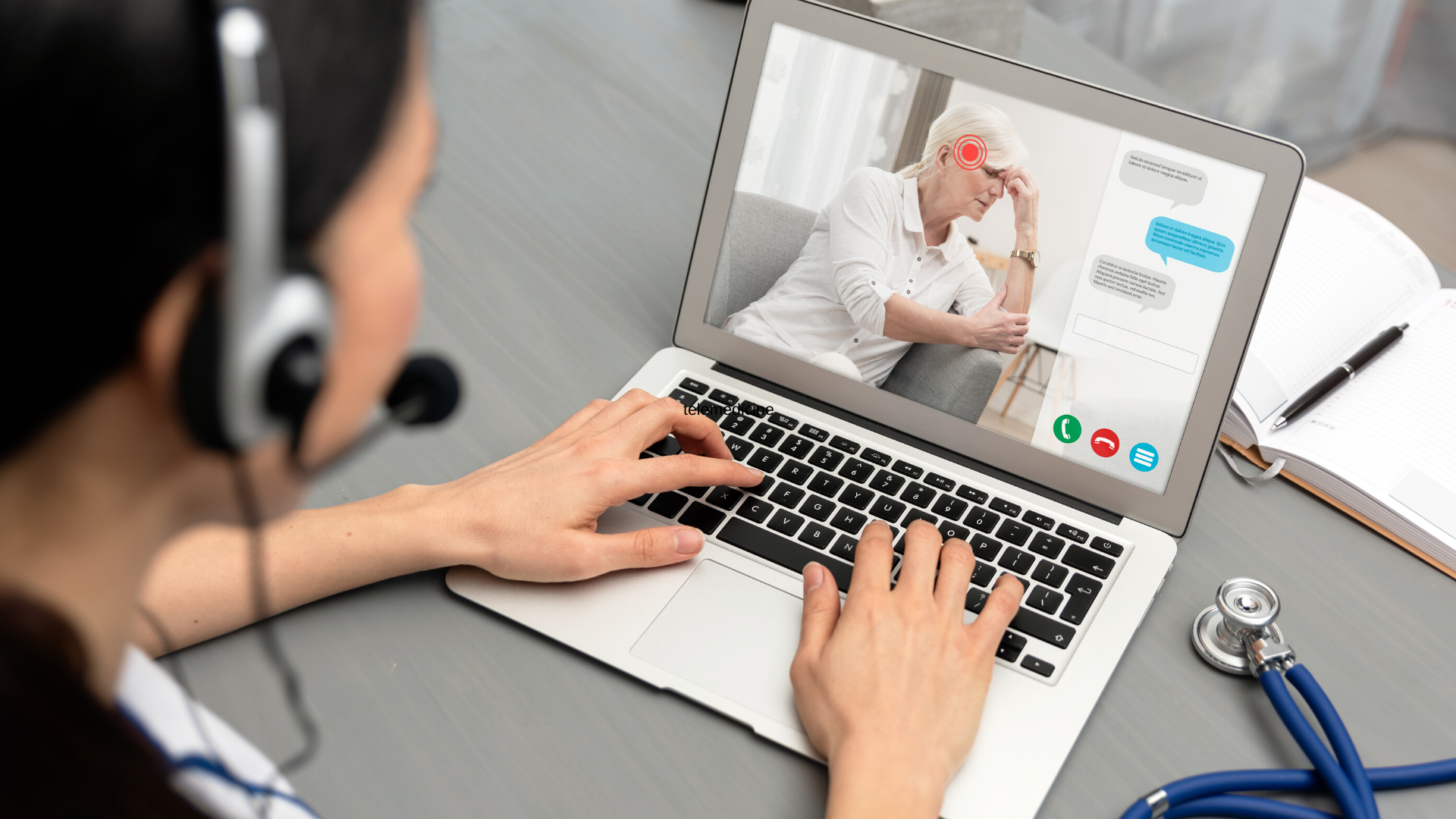On November 8, 2021, The Department of Health & Human Services (HHS), Office of Inspector General (OIG) released a revised and renamed Provider Self-Disclosure Protocol (SDP), now known as the “Health Care Fraud Self Disclosure “protocol. The SDP was created in 1998, and the protocol can be used to voluntarily identify, disclose and resolve instances of potential fraud involving federal healthcare programs. As described on the OIG website, “Self-disclosures give persons the opportunity to avoid the costs and disruptions associated with a Government-directed investigation and civil or administrative litigation.”Continue reading
The Most Important Role in the Clinical Lab Space: Lab Director
 By: Dean Viskovich
By: Dean Viskovich
Congress passed the Clinical Laboratory Improvement Amendments (CLIA) in 1988. CLIA established quality standards for all laboratory testing to ensure the accuracy, reliability, and timeliness of patient test results regardless of where the test was performed. In 2003, the Centers for Disease Control and Prevention (CDC) and the Centers for Medicare and Medicaid Services (CMS) published the CLIA Quality Systems laboratory regulations. The quality system approach includes a laboratory’s policies, processes, procedures, and resources needed to obtain consistent, high quality testing services.
The laboratory must be under the direction of a qualified person and that person must fulfill all responsibilities of the lab director as outlined by CLIA. CLIA prohibits a laboratory director from directing more than five non-waived laboratories. Some states may have additional restrictions regarding the number of labs the lab director can direct. The lab director must meet education and experience requirements to hold the position and meet all requirements of the position. The responsibilities include ensuring that there are sufficient personnel with adequate experience and training and make sure that every position in the lab is staffed by a person who is qualified to have the position and can perform all tasks required of the position.Continue reading
COVID Vaccine Administration and Billing
 By: Dean Viskovich
By: Dean Viskovich
On November 13, 2020 Centers for Medicare and Medicaid Services (CMS) announced that all Americans will have access to the COVID-19 vaccine at no cost. CMS has clearly communicated to private insurers, Medicaid programs and Medicare that it is their responsibility to cover the vaccine at no charge to beneficiaries. CMS states that Operation Warp Speed ensures that States, provider’s and health plans have the information and direction they need to ensure broad vaccine access and coverages for all. As a condition of receiving free COVID-19 vaccines from the federal government, providers will be prohibited from charging consumers for administration of the vaccine.
Beneficiaries with Medicare will not pay anything for the COVID-19 vaccine and their coinsurance/copayment and deductible amounts will be waived. In 2021, for Medicare Advantage beneficiaries, Medicare will pay directly for the vaccine and its administration for those enrolled in MA plans. MA plans are not responsible for reimbursing providers to administer the vaccine. MA beneficiaries do not pay for the vaccine and copayment/coinsurance and deductibles are waived.Continue reading
PPP Standing in the Way of Healthcare Mergers and Acquisitions
 By: Susan St. John
By: Susan St. John
The trend that we are seeing affects both buyers and sellers in the health care sector with respect to entities that have received cash infusions from the Paycheck Protection Program (“PPP”) created pursuant to the CARES Act in response to COVID-19. Mergers and acquisitions can come to a significant slowdown, standstill or be terminated altogether if careful planning is not performed to account for the impact the PPP funds received by a healthcare target or seller will have on an anticipated merger or acquisition. While tax and legal considerations have typically followed along with the merger or acquisition and these considerations are important aspects of any merger or acquisition, they have taken a forefront position when it comes to planning for a change of ownership when the healthcare target or seller has received PPP funds.
As we learned earlier, health care entities requested and received PPP funds to sustain them during the public health emergency caused by COVID-19, allowing them to avoid a virtual economic shut-down. These funds were a welcome relief to keep health care entities afloat financially, providing a way to cover certain expenses such as a) payroll costs, b) rent, c) interest on any covered mortgage obligation (which shall not include any prepayment of or payment of principal on a covered mortgage obligation), and d) utilities. Using the PPP funds on these expenses allows for a recipient of the PPP funds to qualify for loan forgiveness under the PPP. That all seemed like welcome relief at the time.Continue reading
HHS to send $20B to healthcare providers: 5 things to know
 By: Zach Simpson
By: Zach Simpson
HHS announced Oct. 1 that it is sending $20 billion in new funding to healthcare providers to help offset financial strain linked to the COVID-19 pandemic.
Five things to know:
1. Healthcare providers who previously received, rejected or accepted provider relief payments are eligible for the new funding.
2. Providers who were previously ineligible to receive relief funds, such as those who began practicing in 2020, can apply for a portion of the new relief aid.
Pharmacists Authority To Give Vaccinations Expanded By HHS
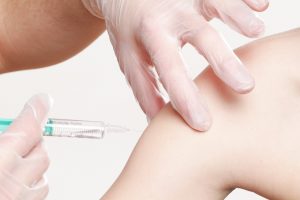 By: Zach Simpson
By: Zach Simpson
On August 19, an amendment to the Public Readiness and Emergency Preparedness Act was announced by HHS which allows pharmacists in every state to now administer childhood vaccinations to children ages 3 and older, subject to several requirements,
- The vaccine must be approved or licensed by the Food and Drug Administration (FDA).
- The vaccination must be ordered and administered according to the CDC’s Advisory Committee on Immunization Practices (ACIP) immunization schedules.
- The licensed pharmacist must complete a practical training program of at least 20 hours that is approved by the Accreditation Council for Pharmacy Education (ACPE). This training program must include hands-on injection technique, clinical evaluation of indications and contraindications of vaccines, and the recognition and treatment of emergency reactions to vaccines.
The DME Industry and the COVID-19 Pandemic: What’s Changed & What Hasn’t
On January 31, 2020 the US Department of Health and Human Services (“HHS”) declared a public health emergency surrounding the COVID-19 coronavirus pandemic, which was renewed again for a period of 90 days effective July 25, 2020.
In an attempt to focus on patients over paperwork and to remove obstacles from access to patient care, HHS relaxed or suspended certain healthcare provider requirements. Several such changes directly impact current or prospective providers of durable medical equipment (“DME”) to Medicare Part B beneficiaries.
Here’s a high-level breakdown of some of those changes: Continue reading
Florida State Surgeon General’s Emergency Order 20-011 Continues to Allow Out-of-State Practitioners to Offer Telehealth Services to Persons in Florida
 By: Susan St. John
By: Susan St. John
On June 30, 2020, State Surgeon General, Scott A. Rivkees, M.D., issued Emergency Order (“EO”) 20-011, which further extends EO 20-002 until the expiration of the Governor’s Executive Order No. 20-52, or any extensions thereof. Thus, EO 20-011 continues to allow out-of-state MDs, DOs, APRNs and PAs, to offer telehealth services to persons in Florida.
EO 20-011 continues to allow Florida licensed controlled substance prescribers (MDs, DOs, APRNs, PAs) to issue renewal prescriptions of controlled substances for non-malignant pain for existing patients. Additionally, EO 20-011 extends a qualified physician’s ability to recertify an existing qualified and certified patient’s continued use of medical marijuana using telehealth services. These further extensions are also tied to the expiration of Executive Order 20-52 and any extension thereof.Continue reading
Avoiding HIPAA Violations During COVID-19
 By: Steven Boyne
By: Steven Boyne
The COVID-19 virus has and will probably continue to change the way healthcare providers and business associates interact and help their patients. As many providers are aware, a HIPAA violation is a serious issue, and can cost a healthcare entity large amounts of time and money to respond to any regulatory investigation. Recognizing that the COVID-19 pandemic has strained every corner of the economy and is THE MOST IMPORTANT issue for almost every industry, the federal government has rolled back some HIPAA protections. It is unclear how long these rollbacks will last, and it is possible that some of them may be permanent, but for now healthcare providers and their business associates can take some comfort that they can focus on delivering care and not dealing with overly burdensome regulations and investigations. The major changes include:
- Telehealth. Changes include allowing physicians and other healthcare providers to offer telehealth services across State lines, so State licensing issues should not be a concern. Additionally, Providers are essentially free to choose almost any app to interact with their patients, even if it does not fully comply with the HIPAA rules. The HHS allows the provider to use their business judgment, but of course, such communications should NOT be public facing – which means DO NOT allow the public to watch or participate in the visit!
- Disclosures of Protected Health Information (PHI). A good faith disclosure of such information will not be prosecuted. Examples include allowing a provider or business associate to share PHI for such purposes as controlling the spread of COVID-19, providing COVID-19 care, and even notifying the media, even if the patient has not, or will not grant his or her permission.
- Business Associate Agreement (BAA). As most healthcare providers know, a BAA agreement between a provider and an entity that may have access to PHI is required by law. During the COVID-19 pandemic, the lack of a BAA is not an automatic violation.
Governor DeSantis Issues Executive Order 20-114 Extending State of Emergency
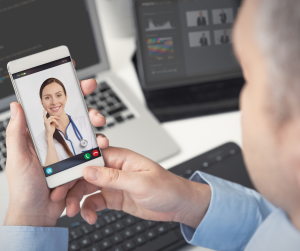 By: Susan St. John
By: Susan St. John
Earlier today, Governor DeSantis issued Executive Order 20-144 extending the State of Emergency declare in Executive Order 20-52 for another 60 days. Pursuant to the extension of Executive Order 20-52, the State Surgeon General’s Order 20-003 is also extended another 60 days as its expiration is tied to the expiration of Executive Order 20-52. Thus, telehealth providers from other states with valid and unencumbered licenses may continue to provide telehealth services to persons in Florida without registering with the Department of Health. Telehealth services must still be provided using two-way audio and video communications. Audio-only telephone calls are not permitted under Florida’s existing telehealth statute and have not been waived or suspended via the State Surgeon General’s Orders.Continue reading


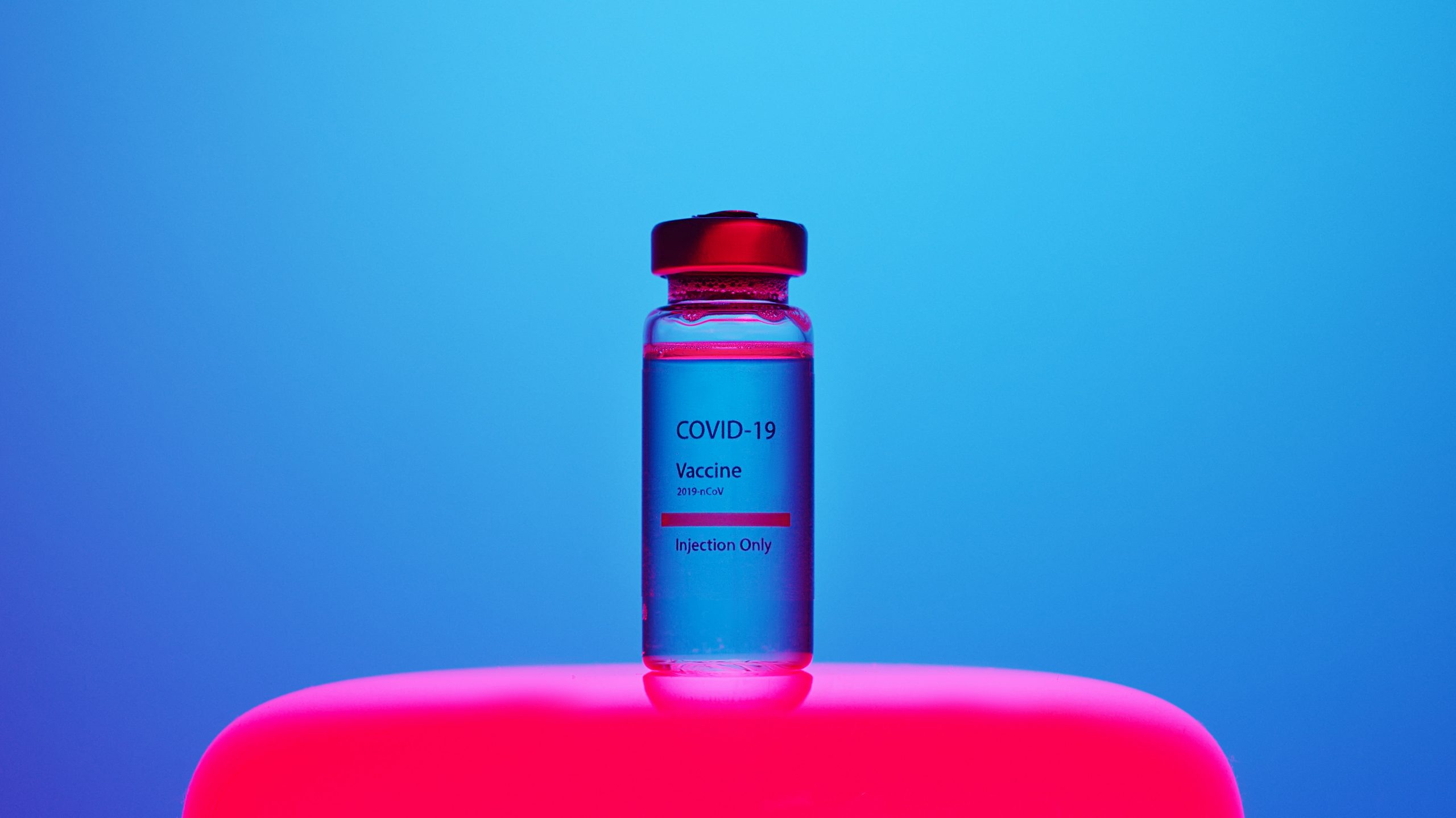
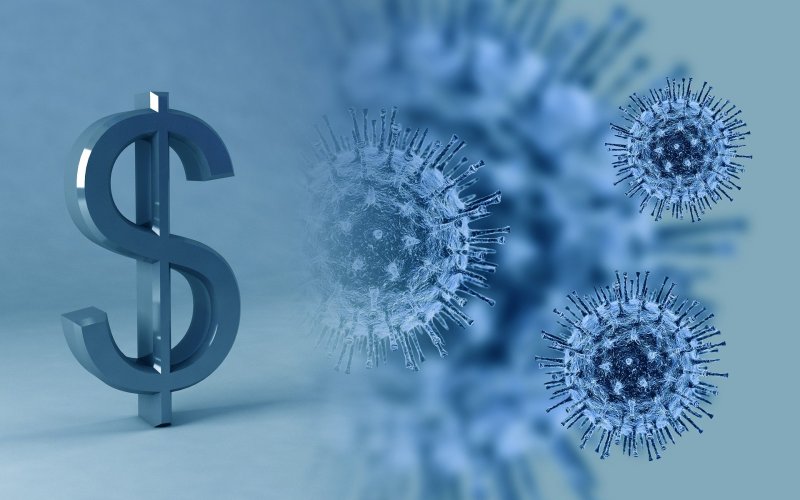

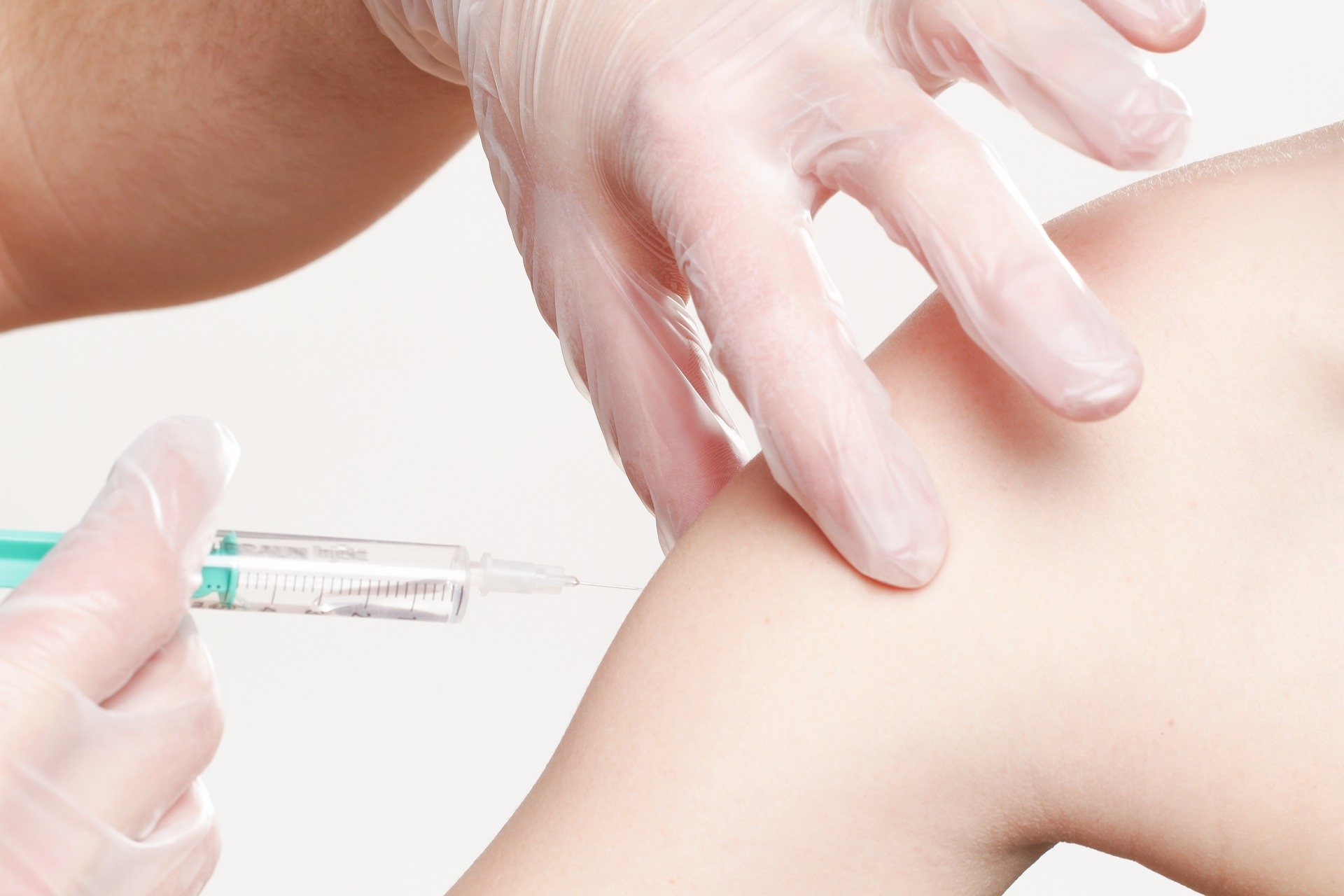

 By:
By: 
